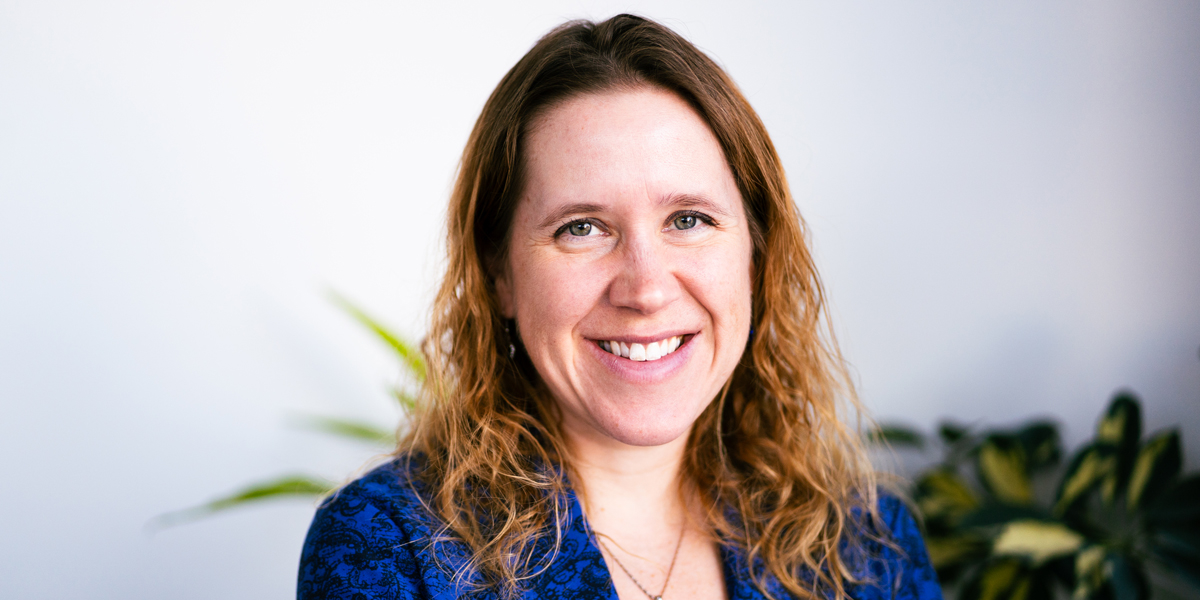
Part of the college experience is attaining knowledge through coursework or reading up on some of the latest research in textbooks. But for many students, another big part of the college experience is simply that, experience. As an undergraduate, that often looks like conducting research in a lab, interning at a company or completing real-world projects in class to better prepare for life after graduation. As a new teaching assistant professor in Genetics, Cell Biology and Development, Emily Flynn wants her students to get some of that real-world experience directly in the classroom.
“I hope that students in my classes can grow and learn about the course topics, but are also able to apply it to something in their current or future life,” Flynn says. “ In genetics, there are so many topics that are in the news and are relevant to our lives. I love seeing students make connections (that ah ha moment) and apply course material to real life.
Flynn, who joined the faculty last fall, has already brought this idea to life in her courses. In a 4000-level genetics class she is teaching this spring, students were assigned a project to help not only learn the class material, but also how that knowledge might play out in industry.
“The students are completing a long-term group project (designed by Rob Brooker) in which they are setting up a biotechnology company that uses CRISPR-Cas9 technology to edit a particular gene,” Flynn says. “It is really rewarding to see what projects and ideas the students come up with and how they apply what they're learning to a possible business application.”
Flynn arrived at the University of Minnesota with more than ten years of experience as a professor at both Cazenovia College in Cazenovia, NY and South Central College in North Mankato, MN. She got her Ph.D. in genetics at Michigan State University and completed a postdoctoral fellowship at Tufts University Medical Center in Boston.
“I hope students in my courses, like the histology class I’m teaching, are able to successfully work with their laboratory group to learn the material, as well as develop microscopy skills, problem solving skills and interpersonal skills that will help them in their future endeavors,” Flynn says. — Lance Janssen